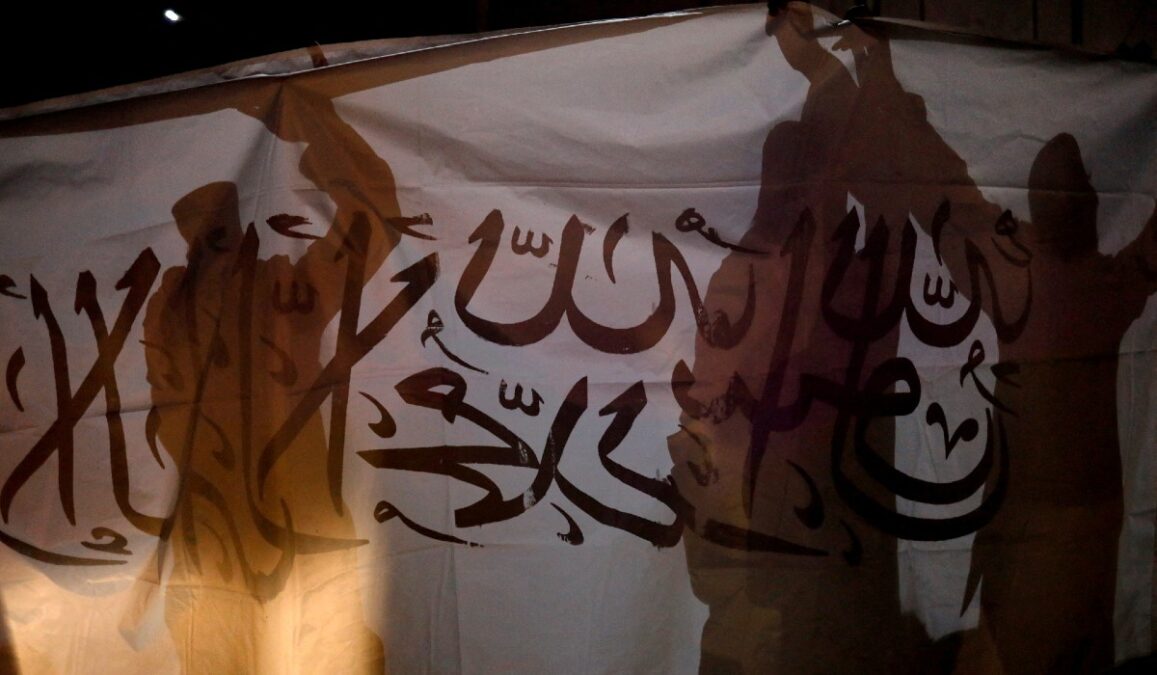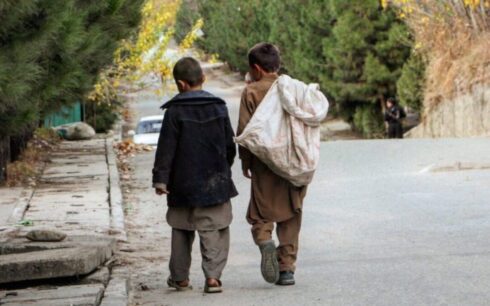A recent Taliban directive banning religious debates, particularly those involving scholars critical of the group’s policies, has sparked widespread reactions among Islamic scholars and citizens across Afghanistan.
Religious scholars condemned the ban, asserting that it is their duty to speak out against any form of oppression. They emphasized that no one has the right to prevent them from delivering truthful messages, and many vowed to continue voicing their criticisms.
“The scholars are the inheritors of the prophets, and just as the prophets stood against all forms of oppression and tyranny, the scholars are responsible for confronting injustice, warning the people and even the government against immoral acts,” said Abdullah Ehsani, an Islamic scholar.
The Taliban’s Chief Minister, Mohammad Hassan Akhund, issued the ban in a statement on Friday, specifically targeting scholars who have been critical of the group’s policies. He referenced the Taliban’s Ministry of Vice and Virtue, arguing that religious scholars should not raise contentious issues in public forums, particularly the media.
The move has drawn sharp criticism, with scholars arguing that they will not remain silent on issues that contradict Islamic principles. “This is a kind of claim to divinity, as if someone declares themselves above question,” said Walliullah Labib, another religious scholar.
The Taliban’s eight-point statement warned scholars against addressing controversial topics publicly, citing the need for unity and social order. However, the directive has also ignited protests from women’s rights advocates and the general public.
“Defending women’s rights is not only a moral duty but also an Islamic and human responsibility,” said Firooza, a resident of Kabul. “The Taliban always find a reason to silence those who stand against them, but we urge our people to remain united.”
The ban follows growing tensions between the Taliban and scholars over a series of controversial rulings, including one that declared women’s voices “Awrah” (forbidden in public). Some scholars have openly rejected this interpretation, with one recently challenging the Taliban’s acting Minister of Higher Education to a debate on the issue of women’s education.
The statement from the Taliban’s leadership marks another chapter in the group’s tightening control over public discourse, but many Afghan citizens and scholars insist they will continue to resist restrictions on free expression.





